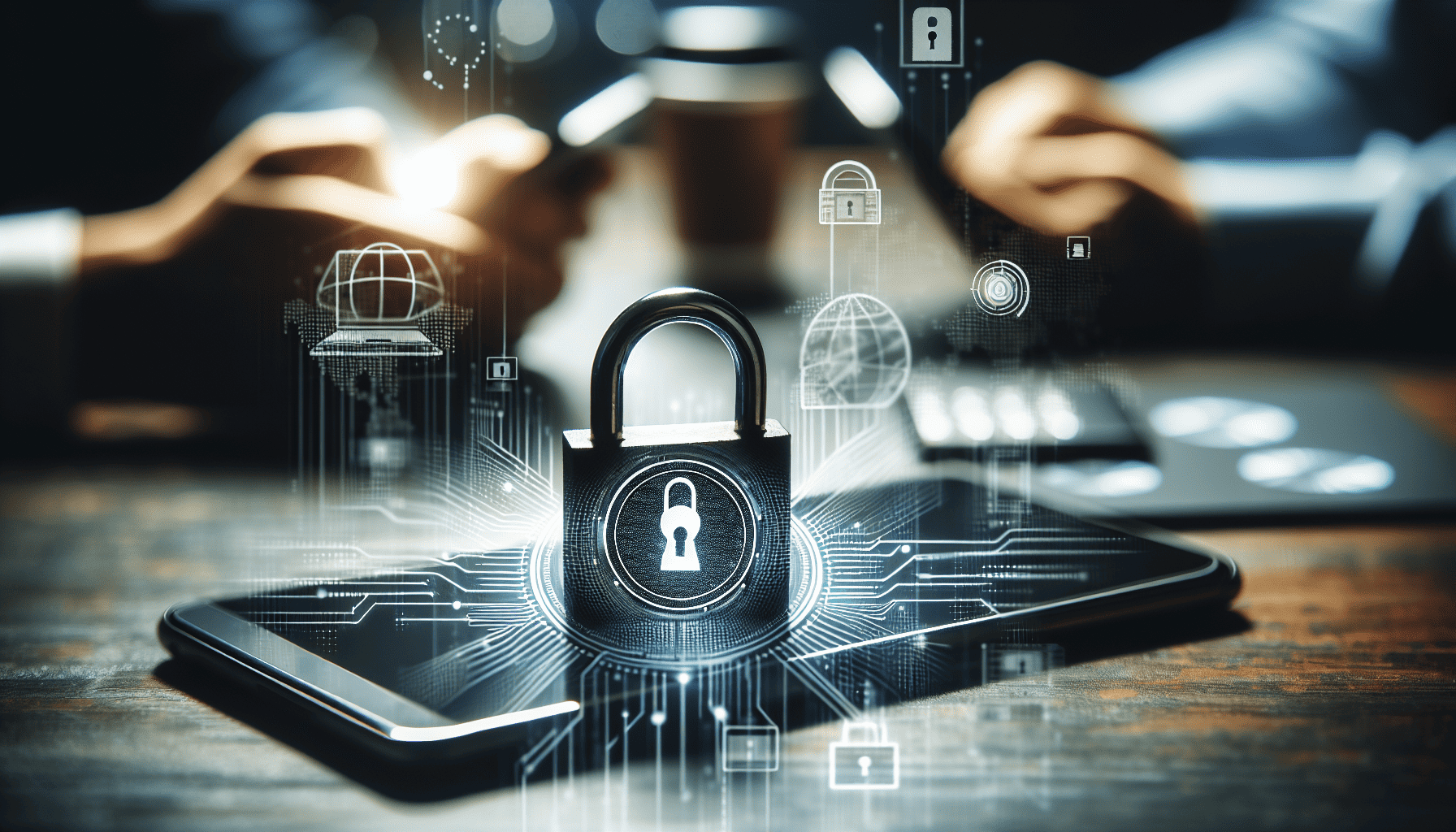In today's fast-paced digital world, the importance of safe and secure transactions cannot be overstated. With millions of transactions being conducted online every day, ensuring the security of these exchanges has become a paramount concern for businesses and consumers alike. Fortunately, advancements in technology and dedicated efforts by cybersecurity professionals have made it possible for us to enjoy peace of mind when handling online transactions.
At the heart of secure transactions lies cutting-edge encryption technology. This technology acts as a formidable shield against unauthorized access by converting sensitive information into indecipherable codes that can only be read with the correct decryption key. As a result, personal and financial data remain confidential and safe from prying eyes.
Furthermore, two-factor authentication (2FA) has become a staple in safeguarding online accounts. By requiring a secondary form of verification—be it a text message code, authentication app, or biometric scan—2FA provides an additional layer of security that significantly reduces the risk of unauthorized access. This ensures that even if a password is compromised, the account remains protected.
Moreover, businesses are increasingly adopting secure payment gateways that comply with stringent international security standards such as PCI-DSS. These gateways not only encrypt transaction data but also provide continuous monitoring and fraud detection, adding an extra layer of safety for both merchants and consumers.
Data protection is equally crucial in ensuring transactional security. Companies are investing heavily in robust data protection protocols, which include regular security audits, firewalls, and intrusion detection systems. By proactively identifying and addressing potential vulnerabilities, companies can effectively protect user data from breaches.
Educating consumers about best practices is another essential component of secure transactions. Individuals are encouraged to regularly update passwords, avoid public Wi-Fi for sensitive transactions, and remain vigilant against phishing scams. By being informed and cautious, consumers can play an active role in safeguarding their own transactions.
Lastly, regulatory bodies across the globe are enforcing strict compliance measures for data protection and transaction security. Through legislation such as the General Data Protection Regulation (GDPR) and the California Consumer Privacy Act (CCPA), these bodies ensure that companies are held accountable for maintaining high standards of security and privacy.
In conclusion, while the digital landscape is fraught with potential threats, the combination of advanced technology, secure practices, and informed consumers creates a robust framework for safe and secure transactions. By embracing these measures, we can confidently navigate the world of online transactions, knowing that our data and resources are well protected.
